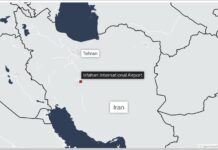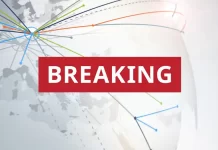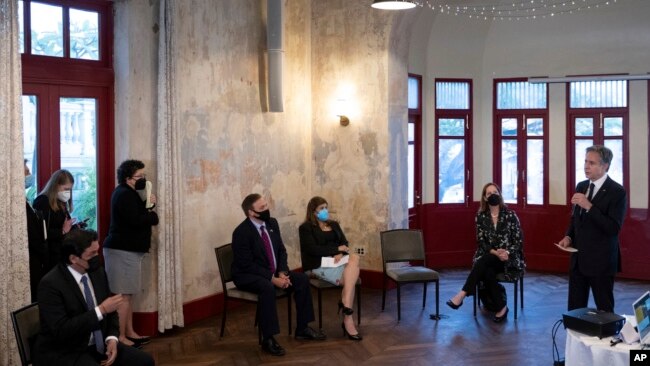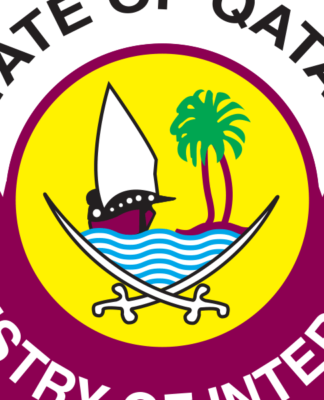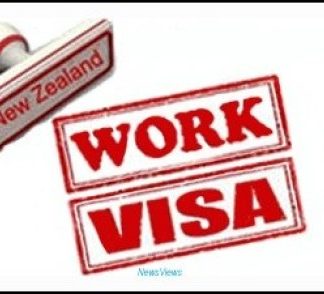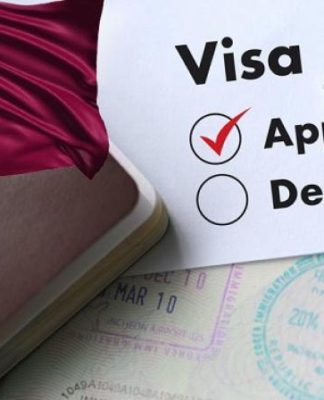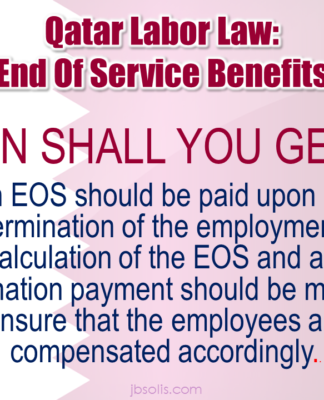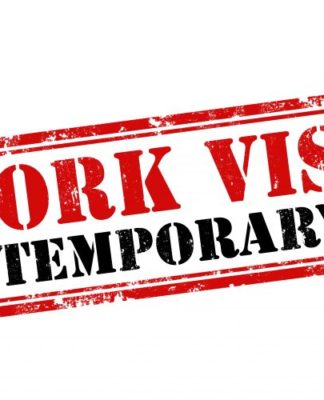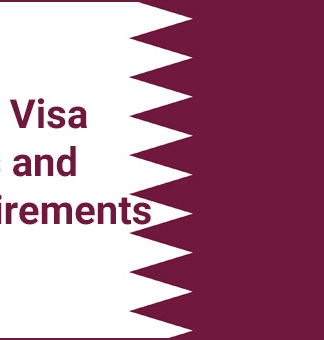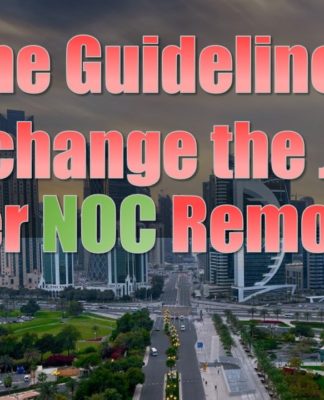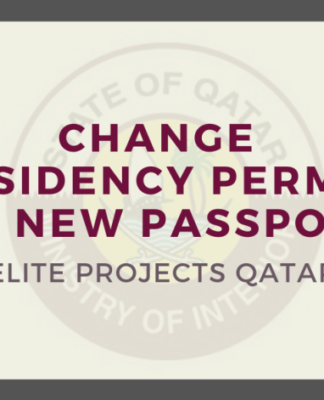US Exploring Resumption of Migration Accords With Cuba
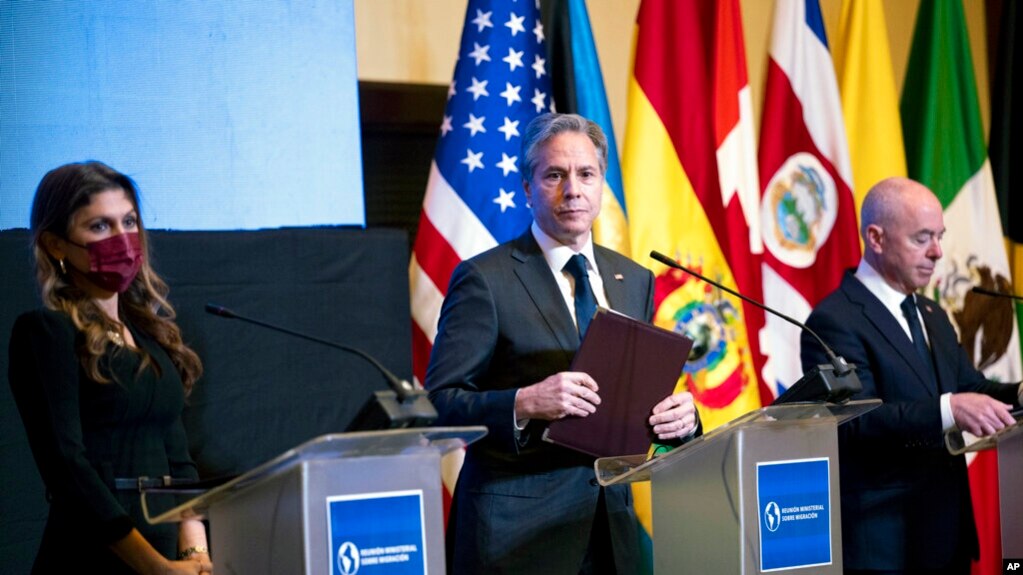
“We have had migration accords with the country of Cuba for many, many years. Those were discontinued, and we will explore the possibility of resuming that,” U.S. Homeland Security Secretary Alejandro Mayorkas said Wednesday at a press conference in Panama.
“That is a reflection of our commitment to legal, orderly and humane pathways so individuals including Cubans would not take, for example, to the seas, which is an extraordinarily perilous journey,” he said.
U.S. officials said they have seen a significant increase in irregular and undocumented Cuban migrants headed to the United States, both via land and maritime routes. Cubans currently rank as the second-largest group arriving at the U.S.-Mexico border.
Cuba faults US
Cuba said U.S. government sanctions and an earlier decision to close the U.S. consular section in Havana are among the reasons for a surge in irregular Cuban migrants and those who seek dangerous routes to U.S. soil.
In March, Washington said it resumed limited visa processing for Cubans to “facilitate diplomatic and civil society engagement” and family reunions.
The U.S. Embassy in Havana has begun limited immigration visa processing. Its consular section will continue to provide essential services for American citizens and limited emergency nonimmigrant visa processing. The U.S. Embassy in Georgetown, Guyana, will remain the primary processing location for Cuban immigrant visa applicants.
Mayorkas and U.S. Secretary of State Antony Blinken were in Panama for a summit with officials from more than 20 countries to discuss migration and other regional issues.
Panama has become a transit point for migrants seeking to come to the United States. The meetings came as the U.S. has been dealing with rising numbers of undocumented migrants trying to cross the border from Mexico.
Blinken has called for more regional cooperation on migrants and refugees.
The top U.S. diplomat said the U.S. and Panama have signed an arrangement aimed at increasing bilateral cooperation to help stabilize communities that are hosting migrants and refugees, creating more legal pathways to reinforce safe, orderly and humane migration, and mitigating root causes of irregular migration by growing economic opportunity.
“This is the second one we’ve made. The first was with Costa Rica. We hope to announce more in the coming weeks and months,” said Blinken.
Migrants ‘vulnerable’
Tuesday, Blinken said finding a solution to the irregular migration issue was a “priority” for the U.S. He spoke during an official reception in Panama City after he and Mayorkas arrived in the capital.
“Migrants are vulnerable to exploitation of all kinds,” Blinken said. “Many are children, and their fates, their futures, are highly uncertain. We have a responsibility, a shared responsibility, to look out for them.”
The Biden administration has promised to address the underlying causes of migration and said it will give $1.2 billion in assistance to Central American countries.
In June, the U.S. will host the Summit of the Americas in Los Angeles to continue regional discussion and further cooperation on these issues.
The gathering in Panama came after COVID-19 health restrictions were eased in the U.S., ending a policy, known as Title 42, that limited asylum grants at the U.S.-Mexico border.
The pandemic-era emergency health order is scheduled to end May 23, giving U.S. officials time to prepare for what they expect will be an increase in migrant arrivals at the border. Some critics warned it also would bring more illegal immigration to the border.





